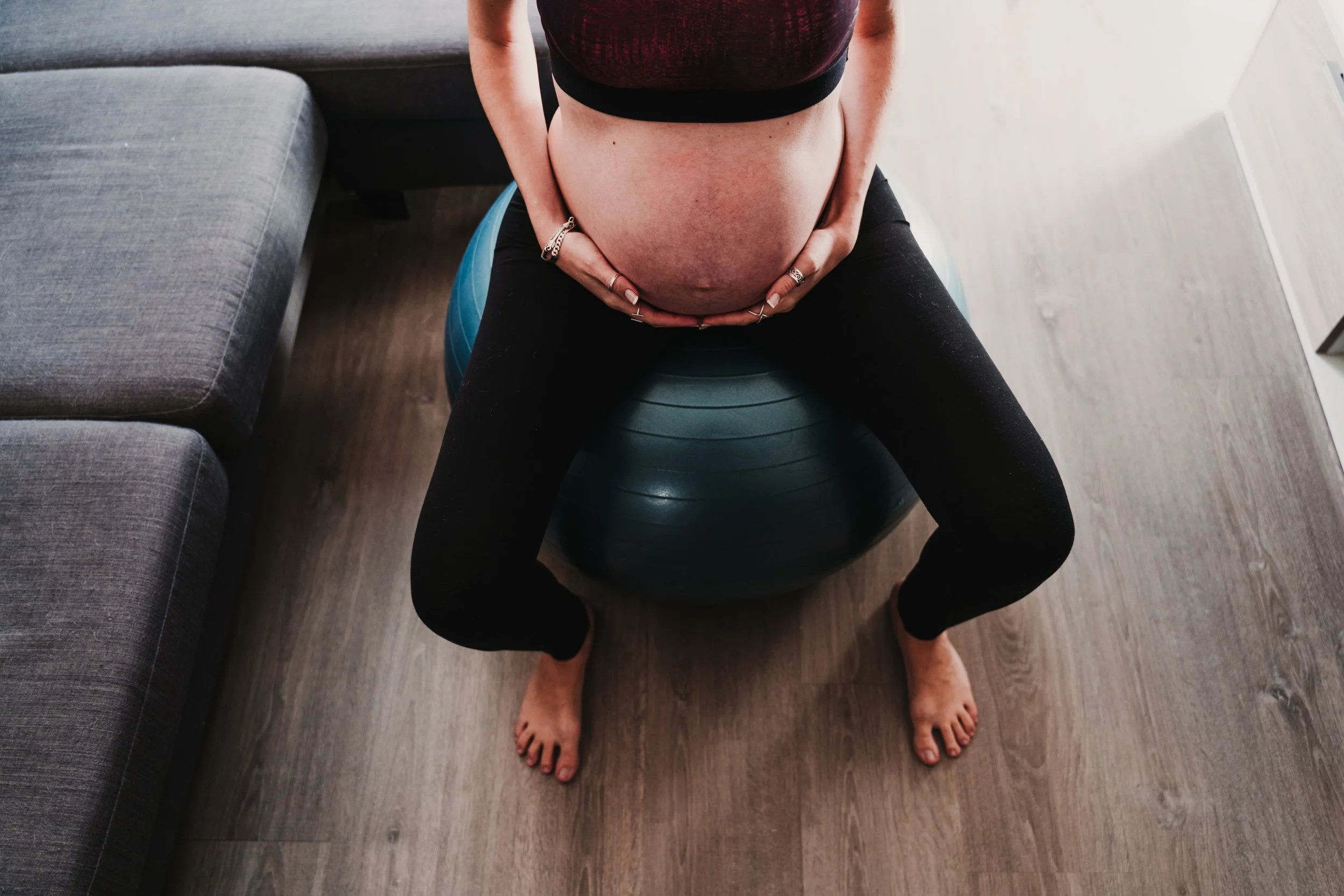As a doula, I see so many people say they don’t need or want birth support from a doula because they either have their partner or are planning on getting an epidural. Why would I need a doula when I’m planning on getting an epidural? Im here to tell you that a doula’s support with an epidural is also SO beneficial! Here’s why.
If you’re not familiar with the epidural and labor, here are some quick facts.
1. An epidural provides pain relief by numbing from about the bellybutton down to your feet.
2. An epidural can be a great choice for someone who has low pain tolerance.
3. An epidural does not always work for everyone.
4. Having an epidural does not mean you can’t labor in different positions
I love talking about epidurals and laboring because I feel like there is so much to learn. So many people think you just have to lay in bed. While that might be true, there are several positions that can be done to benefit the position of your baby, and benefit your labor! What I don’t hear often is how a doula can be of great support to you and your birth team.
Story time! Last week, I attended a birth with a mama who absolutely knew from the start that she wanted an epidural (you go girl, we love a strong confident girl). This was a very long and exhausting labor and she was very glad she opted for the epidural. Even though she had pain relief, I could tell it was taking a toll on her emotionally and mentally. This is totally depending on your situation because, keep in mind, everyone’s story is different.
My client was completely comfortable but I could tell she was struggling mentally. What she needed in that moment was emotional support and encouragement. My role in that time was to keep her grounded and remind her that everything she was experiencing was normal and her feelings were valid. I reminded her that this process is normal and her body is not failing her. Having that professional there to spit straight facts at the drop of a hat eased their worries.
Whether you are planning on an unmedicated labor, a scheduled cesarean, or an epidural, you can never go wrong with some professional birth support from a doula!









